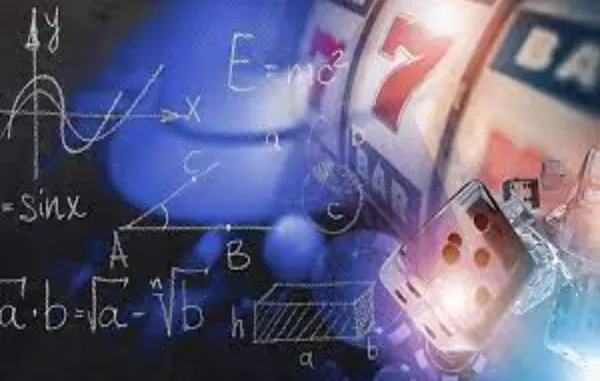
https://pixabay.com/photos/to-learn-school-pupil-mathematics-1996845/
The intricate relationship between mathematics and gambling reveals how theoretical principles of probability and statistics are applied in the realms of both traditional and online betting platforms, including the most trusted online casino environments. This fascinating interplay is not merely an academic curiosity but a practical framework that influences gambling strategies and the operational dynamics of gambling establishments.
By dissecting the mathematical underpinnings of gambling, we gain insights into the design of casino games, the strategies employed by gamblers, and the ethical considerations of gambling practices. With that in mind, let’s delve deeper into these aspects, shedding light on the profound connection between mathematics and the gambling industry.
The Mathematical Foundations of Gambling
Gambling, at its core, is a numerical exercise governed by mathematical principles. These principles determine the mechanics behind every game, from roulette to poker, and even the slots at the most trusted online casino sites. The application of probability, a key mathematical concept, allows for the calculation of the likelihood of various outcomes.
Casinos meticulously compute the house edge—the statistical advantage ensuring that the establishment is able to cover any eventuality, while also ensuring necessary profitability in order to continue operating. This edge varies across different games and is a critical element in the development of gambling products.
Probability and Statistics: The Gamblers’ Tools
For gamblers aiming to optimize their chances of success, an understanding of probability and statistics is invaluable. These mathematical tools empower players to make informed decisions. Skilled poker players, for example, apply probability to assess the odds of certain hands appearing, guiding their decisions to bet, hold, or fold.
Sports bettors rely on statistical analysis to predict the outcomes of sports events. By leveraging these disciplines, gamblers can approach their activity with a strategy, rather than leaving everything to chance.
Mathematical Strategies in Gambling
Throughout the years, numerous gambling strategies based on mathematical principles have been devised to improve winning odds. Techniques such as the infamous one of card counting in blackjack enable players to track dealt cards, gaining an advantage over the house.
Betting systems like the Martingale, where bets are doubled following a loss, theoretically allow a player to recover all previous losses and secure a profit with a single win. However, it is crucial to recognize that no strategy can definitively ensure a win every time — at least none that are legal or allowed by casinos.
The Role of Mathematics in Casino Operations
Beyond game design, casinos utilize mathematics to ensure their financial viability. The calculation of odds, payouts, and house edges are all derived through mathematical methods to ensure the casino’s profitability.
Advanced mathematical models also support the development of new games and the optimization of existing ones, maintaining player engagement while preserving the casino’s ability to not bankrupt itself. Furthermore, casinos implement risk management strategies, using statistical analysis to monitor for patterns indicative of fraudulent activity.
The Psychology of Gambling and Mathematics
Mathematics plays a crucial role in shaping the psychology of gamblers, influencing their perceptions, decision-making processes, and emotional responses to gambling activities. At the heart of gambling lies a foundation of probability theory and statistical analysis, which objectively defines the odds of winning or losing at any given game.
However, gamblers often interpret these mathematical principles through cognitive biases and heuristics, leading to misconceptions about randomness, patterns, and the likelihood of certain outcomes. Online slot games utilize Random Number Generators (RNGs) technology to ensure fairness.
This helps protect the player and the platform, since it truly incorporates elements of chance. It’s also why good feelings, streaks, and a player’s gut instinct don’t really matter. As such, mathematics, while providing a clear framework for understanding gambling outcomes, should be used constructively so it does not affect a player’s judgment.
Ethical Considerations and Responsible Gambling
The use of mathematics in gambling also raises ethical issues, especially concerning responsible gambling. The belief that mathematical systems can outsmart the casino may contribute to irresponsible gambling.
In response, many gambling institutions, especially the most trusted online casinos, advocate for responsible gambling practices. They even provide resources to help individuals understand the odds and manage their gambling activities responsibly.
Conclusion
The connection between mathematics and gambling is intricate, influencing every facet of gambling activities from the design of casino games to the strategies employed by players. While mathematics offers tools to understand and potentially exploit gambling outcomes, it also highlights the unavoidable advantage maintained by the house.
Despite the temptation to use mathematics to gain an edge, the ethical implications of gambling and the importance of responsible gambling practices must not be overlooked. The relationship between mathematics and gambling serves as a poignant reminder of the balance between chance, strategy, and the mathematical constants that dictate the outcomes of games of chance.

Leave a Reply